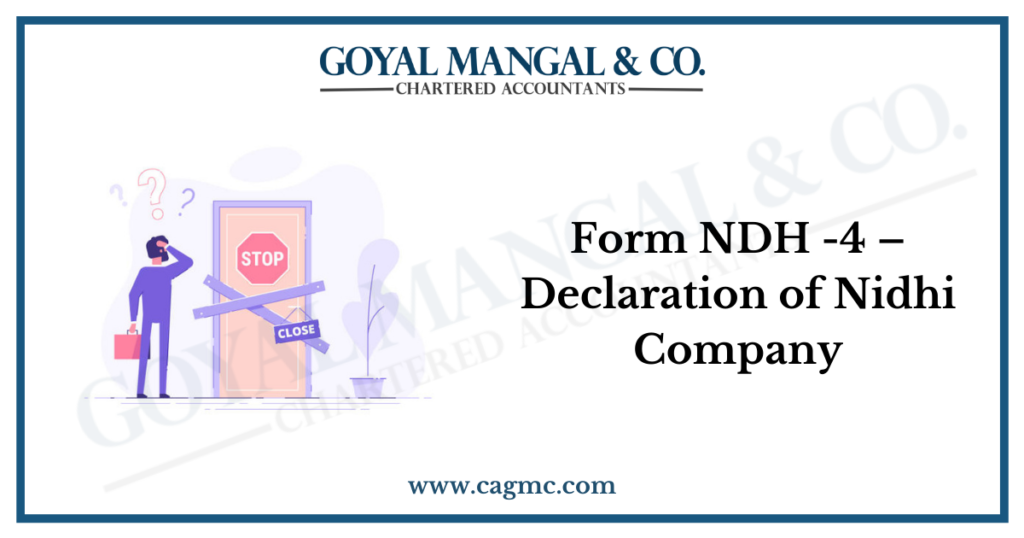 A fixed deposit is essentially an investment scheme, where you invest a lump sum amount with a bank or a financial institution for a specified period of time. In exchange for depositing this lump sum, you receive interest at a certain percentage as a reward. At the end of the specified period of time, the financial institution returns your principal investment amount along with the interest accrued up until that point. Fixed deposits basically mean putting in a certain amount of money for a fixed period.
A fixed deposit is essentially an investment scheme, where you invest a lump sum amount with a bank or a financial institution for a specified period of time. In exchange for depositing this lump sum, you receive interest at a certain percentage as a reward. At the end of the specified period of time, the financial institution returns your principal investment amount along with the interest accrued up until that point. Fixed deposits basically mean putting in a certain amount of money for a fixed period.
|
Table of Contents |
What is a fixed deposit? Why Invest in Fixed Deposits?
A fixed deposit is essentially an investment scheme, where you invest a lump sum amount with a bank or a financial institution for a specified period of time. In exchange for depositing this lump sum, you receive interest at a certain percentage as a reward. At the end of the specified period of time, the financial institution returns your principal investment amount along with the interest accrued up until that point. Usually, unlike other forms of investments, the returns from a fixed deposit are guaranteed. What this essentially means is that the return that you get, which is the interest on your deposit, will not be dependent on the market or any other factor. To put it simply, you receive the advertised interest on the fixed deposit no matter what. If you’re interested in finding out just how much returns you’re likely to get from an FD, you can always use an online FD interest calculator. Also, fixed deposits are generally considered to be far safer than other forms of investment. The level of default risk on fixed deposits is quite low. That said, the default risk is not non-existent. You may still end up losing your investment capital if you invest in fixed deposits that are not highly rated.
Features of Fixed Deposits
The following are the key features of fixed deposits:
- The investment tenure of FDs ranges from one day to several years, and it varies across banks
- The return on investment is compounded periodically, and it may be monthly, quarterly, or annually
- Senior citizens are provided with slightly higher returns (0.5% higher)
- Partial or full withdrawals are permitted (with penalties)
- Taxpayers can invest in tax-saver FDs to save taxes under Section 80C
- Once the investment matures, investors can reinvest for another term
- Loans against FDs are available
- Investors will accumulate higher returns if they invest for a more extended period
Types Of Fixed Deposit Accounts
There are various types of Fixed deposits depending upon the objectives behind them
- Standard Fixed Deposits: It is the standard FD scheme available at all banks where a certain sum of money is deposited for a fixed tenure and the rate of interest is pre-determined by the bank. The tenure of these deposits can range from 7 days to 10 years and interest rates are higher than those of a savings account
- Tax Saving Fixed Deposits: These types of deposits are instrumental in saving tax where you can claim tax exemption up to Rs. 1.5 lakh in a year These FDs have a lock-in period of 5 years during which you cannot withdraw the amount and only one-time lump sum deposits are allowed in these types of Fixed deposits.
- Special Fixed Deposits: These are like the standard FDs where the funds are invested for specific time periods. The only difference is if you don’t withdraw the money for the specified period, you will earn higher interest on it than Standard FDs.
- Senior Citizen Fixed Deposit: The senior citizens’ fixed deposit scheme allows benefits to citizens who are above the age of 60 years. These FD schemes provide an additional interest rate of around 0.50% over the regular interest rates with flexible Tenures.
- Flexi Fixed Deposit: These are the types of FDs that are linked to your savings account whereby you can start with an initial deposit of your choice and get it linked with your savings account.
Types Of FDs For Non-Resident Individuals (NRI)
There are two types of fixed deposit accounts that are allowed for Non-resident Indians in Indian Banks
- NRE fixed Deposits: NRE FDs are made for those individuals who earn in foreign currency and wish to get the amount converted to Indian currency value. The interest earned on the deposit is tax-free and both principal and the interest amount are completely repatriable. However, these funds are volatile to the market rate fluctuations in currencies.
- NRO Fixed Deposits: NRO FDs can be best suited to individuals who want to manage their funds within India. The interest earned on the deposit is tax-free and both principal and the interest amount are completely repatriable within a certain bracket or set limit.
Benefits of Fixed Deposits
- Guaranteed Returns Fixed deposit: (FD) accounts are relatively risk-free when compared to other forms of investments as the investors receive a fixed rate of interest on the amount they have invested.
- Higher Interest Rates Fixed Deposit: These Deposit schemes offer a comparatively higher rate of interest than other forms of traditional investments such as savings accounts and recurring deposits.
- Returns are assured as they are not tied to the market
- At times of financial emergencies, one can avail of a loan against their FDs
- Investment is safe as banks and other financial institutions are always under the purview of the Reserve Bank of India (RBI)
- Compounded interest makes your investment grow at a much faster rate
- Premature withdrawals are allowed, so you will always have a corpus to fall back on at times of crisis
Conclusion
Fixed deposits are an excellent investment vehicle for those investors who don’t want to bear any risk. Longer the tenure more the returns accumulated as the compounding phenomenon powers them. FDs are flexible as investors can prematurely withdraw partial or full amounts invested.


